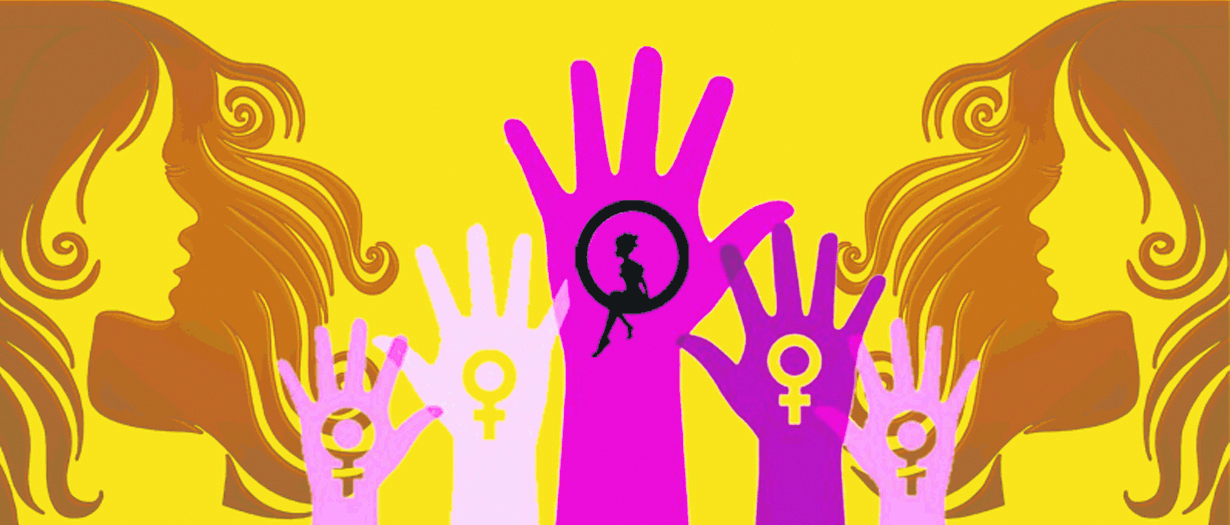CAMAGÜEY.- My WhatsApp contacts are as diverse as their states: there are memers, intellectuals, people who publish how much food they eat and how much music they listen to, vendors, those who promote their businesses... But motivational "postcards" never go out of style, phrases that are supposed to lift your spirits and help you feel better; some, humorous; others, deeper.
But beware, male and female philosophers! In many of these postcards, even the ones that supposedly promote female empowerment, they divide women into groups: skinny or chubby, with lemons or avocados, young or mature... They talk about the preference for one of the groups to the detriment of the other. And yes, they are shared by women, but based on masculine criteria.
Women were taught to be rivals, they told us that we had to compete and judge each other to gain access to certain spaces. They advised us not to trust another woman that female bosses are worse than male bosses and that female friends are not told everything. Obviously, they told us the story of the good pipe... and we believed it.
If my mother hadn't reassured me the day I had my period for the first time and she hadn't explained every detail of the matter to me, I might still cry in the bathroom, because of the depression. If my friends hadn't put me on the shoulder to cry on in hard times, or hadn't said the right and positive words to me when I needed them, maybe I would have coincided with popular belief. Or if my grandmother hadn't inspired me to be good, if the women who preceded me didn't inhabit me so much, she could share those little postcards of: “women speak ill of others”.
But I believe in sorority, as a flag of change and the first formula against gender violence; because if we support and respect each other, we have more possibilities to fight for transformations.
Sorority refers to solidarity between women and represents a leap from more theoretical feminism to a slogan that calls on women to unite and support themselves against the patriarchal society. The word, derived from "soror" (sister), has a history of sisterhood, a word coined in the United States during the 70s.
Sexist myths such as "between husband and wife, no one should interfere" have not only naturalized gender violence, but have also kept us apart in processes of this type. Seeking female support, especially in those who have gone through similar experiences, can make the path easier, when leaving the violent cycle.
Empathy is the first step towards sisterhood, although it must also be understood that "putting yourself in the other's shoes" will never be the same as living and being the other. Therefore, judging another woman can mean revictimizing her.
The diversity of bodies, personalities and women is not a matter of sides, nor of competition. The beautiful and the ugly, the interesting and the boring is another of the best-selling stories. Women can have lemons, avocados, or even not have them; they can paint their nails, add reliefs and pearls, or simply have them full of mud from working in the fields; they can wear heels or sneakers, or go barefoot, that we are all women and deserve respect and love. What defines us goes beyond the models and schemes established throughout history.
In social networks, in work environments, in political spaces, let's take care of our expressions towards other women, especially if they are in difficult circumstances. It's okay to say a word of encouragement to another woman. It's okay to hold his hand and trust; evil and goodness are not gender issues. We already know how difficult it is to be a woman in a world made for men, let's build together a more equitable place to live.
Translated by Linet Acuña Quilez



